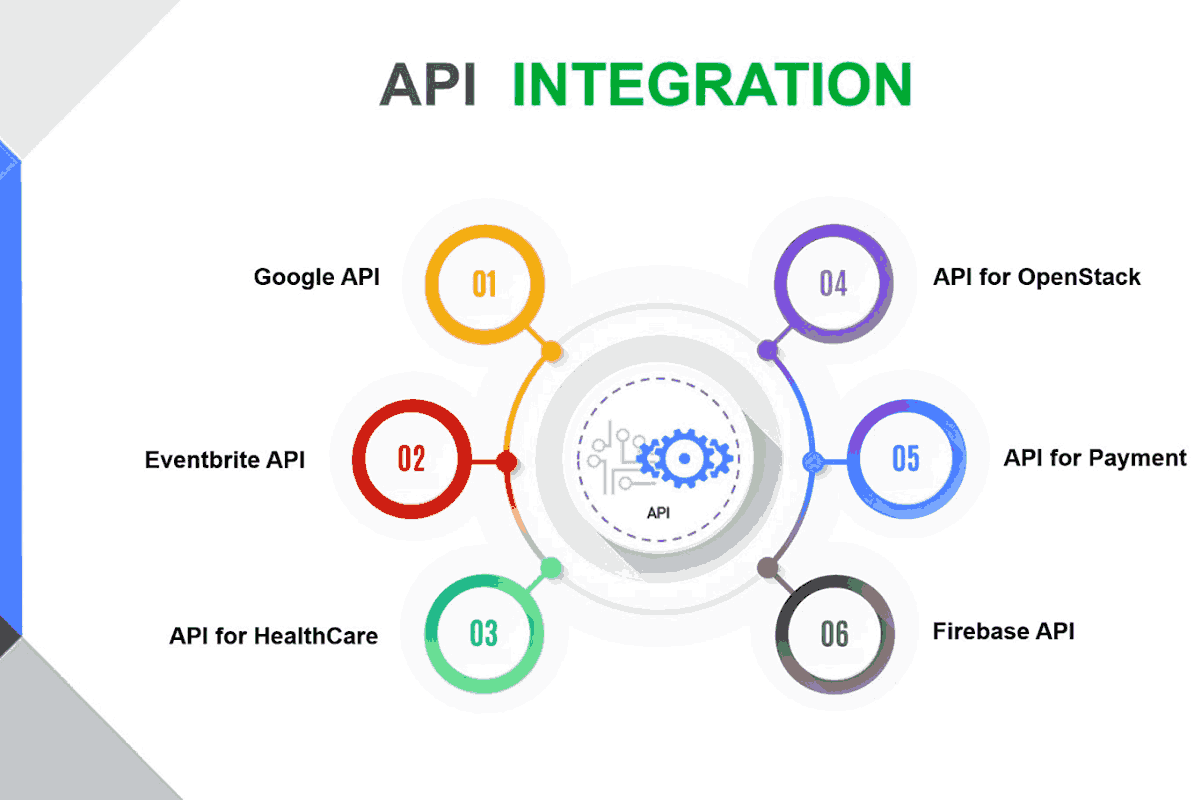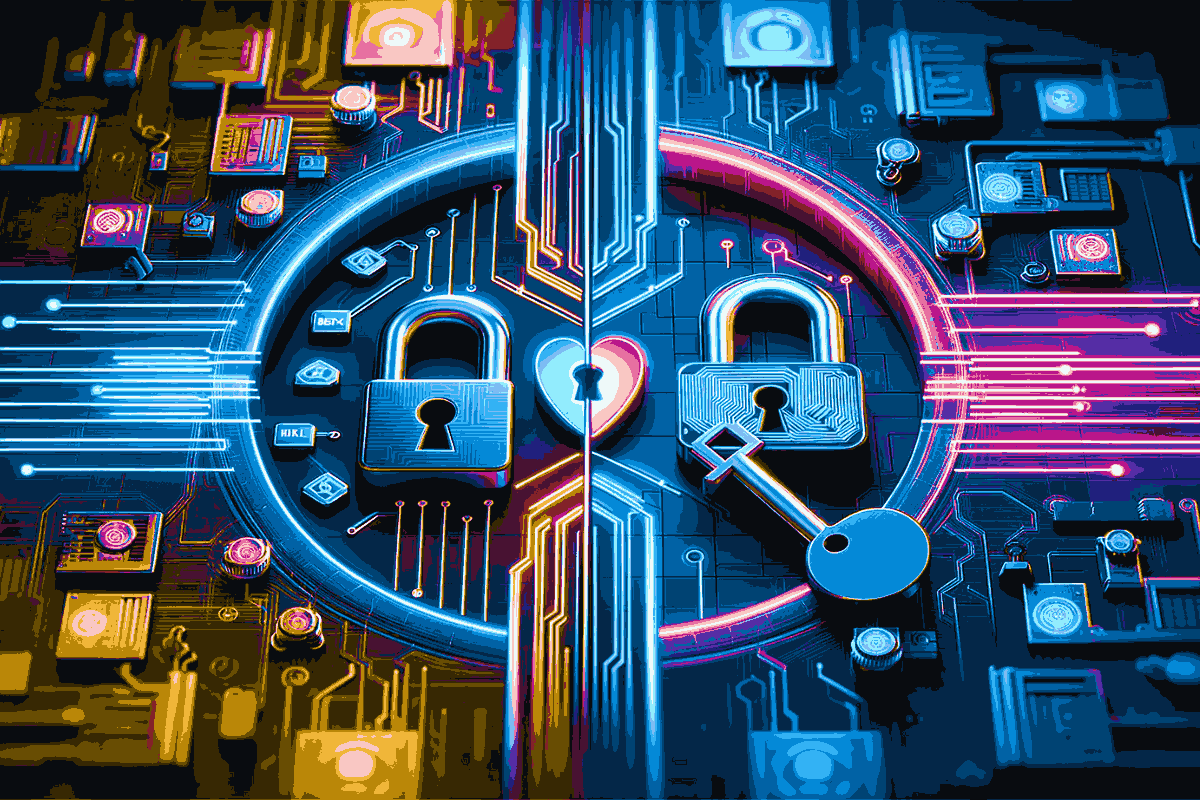
In the modern digital era, safeguarding information has become an absolute necessity. As businesses, governments, and individuals store more data online, the demand for experts who can safeguard networks and systems continues to grow. One of the most appealing aspects of this career path is that many roles can now be done remotely, offering flexibility and access to global opportunities.
Why Remote Cyber Security Roles Are in Demand
Cyber threats are becoming more sophisticated, from ransomware attacks to large-scale data breaches. Companies can’t afford to be unprotected, and hiring remotely allows them to find skilled professionals regardless of location.
For workers, this means the chance to work with top organizations without needing to relocate, often with competitive pay and the freedom to create a better work-life balance.
Common Remote Roles in the Field
Cyber security is a broad industry, and many positions can be performed entirely online, including:
-
Security Analyst – Monitoring systems, investigating threats, and preventing breaches.
-
Penetration Tester – Simulating attacks to uncover system vulnerabilities.
-
Incident Responder – Containing and resolving security incidents quickly.
-
Security Engineer – Responsible for creating and deploying systems and infrastructure with strong security measures.
-
Compliance Specialist – Ensuring organizations follow regulations and security standards.
These roles often require both technical knowledge and the ability to adapt to changing threats.
Skills Needed to Succeed Remotely
Success in this field depends on a combination of technical expertise and soft skills:
-
Technical Knowledge – Proficiency in security tools, networking, and operating systems.
-
Problem-Solving – Analyzing threats and creating effective solutions.
-
Communication – Conveying security concerns clearly to both technical teams and non-technical stakeholders.
-
Self-Discipline – Managing time effectively in a remote setting.
-
Continuous Learning – Staying updated on the latest threats and defense strategies.
Benefits of Working from Home in Cyber Security
Remote positions provide flexibility in work hours and location, making them ideal for those who value independence. Professionals often experience less commuting stress, increased productivity, and opportunities to work with clients worldwide.
Financially, the earning potential remains strong, and skilled individuals can find high-paying opportunities without being tied to expensive tech hubs.
How to Get Started
For those just starting in the field, the following steps can help you launch your career:
-
Earn Certifications – Consider industry-recognized credentials like CompTIA Security+, CEH, or CISSP.
-
Build Hands-On Skills – Use home labs, participate in online competitions, and work on open-source security projects.
-
Network Online – Engage with professional groups, attend virtual conferences, and join cyber security forums.
-
Highlight Remote Skills – Showcase experience with virtual collaboration tools on your resume.
Challenges and How to Overcome Them
While remote work offers many advantages, it comes with challenges such as potential isolation, varying time zones, and security clearance requirements. Overcoming these involves maintaining regular communication with your team, setting a structured routine, and ensuring you use secure channels for all work.
Future Outlook
The demand for cyber security experts will continue to rise as technology evolves. Artificial intelligence, IoT security, and cloud protection are areas likely to see significant growth. Remote roles will remain a strong part of this expansion, making it an excellent time to enter the field.
Final Thoughts
Pursuing a career in remote cyber security offers a rare combination of stability, flexibility, and purpose. With the right skills, commitment to learning, and the ability to adapt, you can protect critical digital assets from anywhere in the world — all while building a rewarding and future-proof career.
Keywords:
- Remote Cyber Security Jobs











Leave a comment